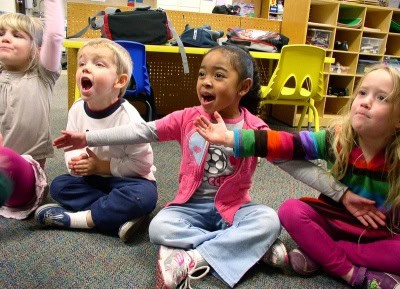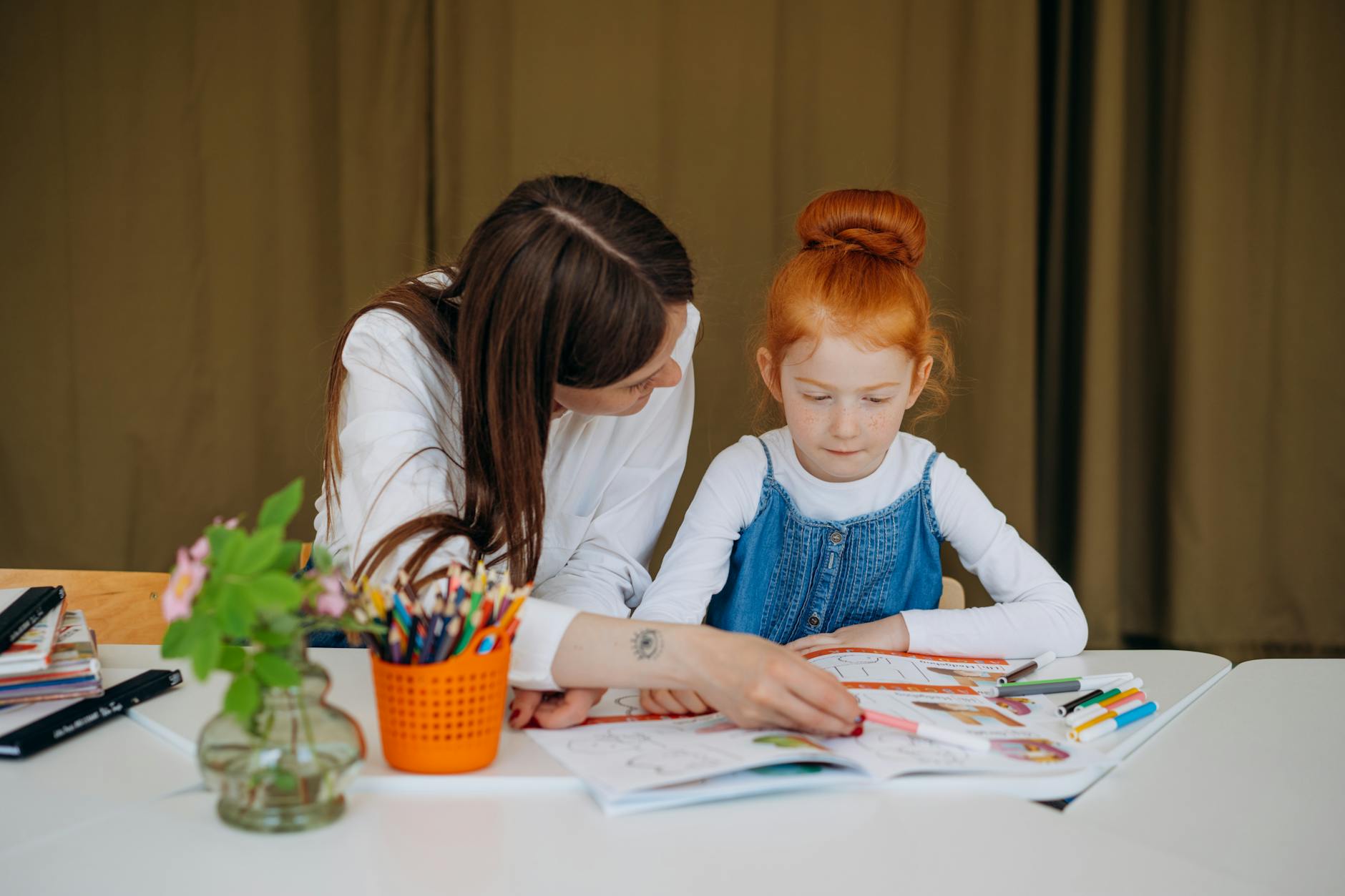Learn About the Water Cycle, Conflict Resolution & More through These Catchy Tunes

|
Getting your Trinity Audio player ready...
|
If you google that title phrase “Can Music Make Your Child Smarter,” you’ll get over 3 million links to articles, studies, and anecdotal evidence of how music affects the brains of both children and adults. Music is such a valuable learning tool. Many teachers love using music to create a mood – calm music for when they want the kids quietly focused, fun and upbeat music for more lively activities. There is also substantial research into the benefits of studying music, singing, and playing musical instruments.
Related Article: Five Ways Musical Training Helps with Children’s Brain Development
Another beneficial way to use music is to teach children concepts through the words of a song. Studies show that setting concepts, such as the alphabet, seasons, or a period in history, to music greatly aids in memorizing or retaining the concept, which makes music an extremely powerful mnemonic device. Melodies help information settle into our brain (sometimes to our dismay, as in when we can’t get an annoying commercial jingle, or a hit song out of our heads!)
Most kids learn their ABCs by singing the song, but there are a lot of other ways we can use songs to help kids retain information. Some of us learned the names of all 50 states in alphabetical order by singing “50 Nifty United States,” a song that has been around since before I was in fifth grade – which was not, as my kids insist, before the dinosaurs, but it was a long time ago! (Fun fact: the song was written by Ray Charles – no, not the Ray Charles we think of, but a commercial songwriter of the same name, who wrote the song for The Perry Como Show in 1961. Hamilton composer, Lin-Manuel Miranda, said it was ‘his favorite song from elementary school’ and can still sing it flawlessly!)
Due to my passion for music and education, I have created a variety of songs to help kids retain information. Here are some examples:
– The order of the water cycle, which is part of first grade curriculum, can be challenging for young kids, but not when these big words are set to the cheerful tune below:
“First you need some precipitation, which will lead to accumulation; evaporation, condensation, that’s the water cycle!”
– A catchy song like “We Work It Out” makes conflict resolution techniques fun to remember.
– If teachers want to include more music, many publishers & kids’ music companies offer ‘classroom musicals’ available, where the students put on a show illustrating everything from grammar to body systems to social studies and more. Here’s a clip from an American history musical, explaining how women contributed to the Revolution through “The Daughters Of Liberty.”
So whether you’re a teacher, home-schooler, parent, or just someone who loves music, try listening to some new educational music. Comment below with your thoughts and share with us some of your favorite educational songs.
Related Article: 10 Great Educational Songs for Kids: 1st through 3rd Grade
Thank you for visiting educationandbehavior.com. We are a free resource for parents/caregivers, educators, and counselors. Browse our topics/categories from the navigation bar above! Receive our updates on Facebook.






